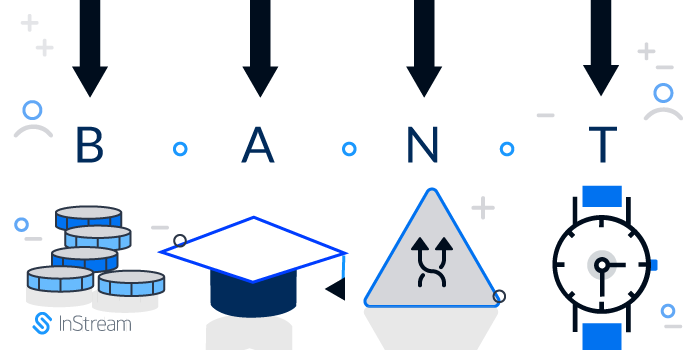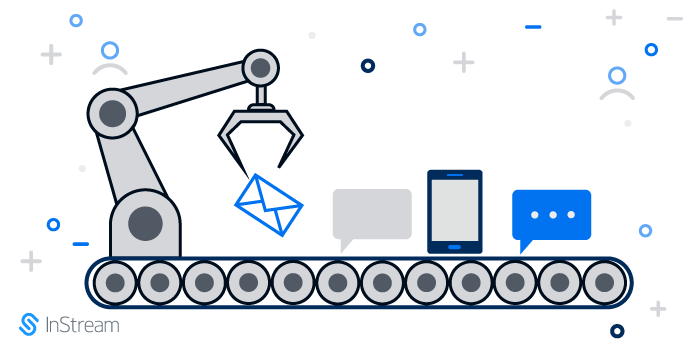Are you new in the game and your customer base has just started to grow? You wonder weather information you acquire are worth saving or not? What is the best way to save and manage them? How to keep your base well-organized and easy-to-browse? Yes? Well, than you will be happy to get a few handy tips and guidelines for collecting customer data.
Benefits of well-organized data base
Having various customer data at your disposal provides you with a real advantage. Professional data base allows you to:
- organize your customers by different criterion which makes it easy to browse them,
- organize your business relations with customers,
- create more detailed picture of your customer/ particular segment/ market which is a starting point for customized communication,
- hierarchize your customers to focus on most valuable ones.
 CUSTOMER DATA MAY BE YOUR MOST PRECIOUS ASSET!
CUSTOMER DATA MAY BE YOUR MOST PRECIOUS ASSET!
What data is important?
That may seem very simple but the truth is that a lot of sales consultants tend to neglect important data about their customers. Therefore they limit their opportunities to set up individual communication stream.
1. BASIC
There is only a few fundamental data you absolutely need to store in your base (basic) but I bet you will find lots of handy information in my other suggestions. Let’s start with foundation than:
- personal data means obviously a name, sex, age etc. but also occupation, education or country of origin. Actually, it can be anything that is directly connected with a person and you find it relevant to your business (as number of kids, size of town they live in, and marital status). It’s a base of simple selection and allows you to customize your correspondence quickly.
- contact data enables you to address you customer immediately using various channels. Definitely a must here is: address, mobile phone and email. What you can find useful is fax, company address, skype login or social media accounts.
- personal status informs you about one’s relation with your company – does he belong to leads, new customers or regular buyers? Make sure you label your customers accordingly to your company’s rules (that makes it easier to measure sales conversion and other indexes).
2. EXTRAS
Business is all about relations. The more you know about your customer the better (and more personal) relation with him you can build. Therefore, adjust your data base to store some extra knowledge:
- handy notes which I see as small chunks of information about a person and his behaviors (never pays on time, always negotiates a discount, prefers bigger orders). Having this knowledge at your disposal you are ready to: 1) avoid uncomfortable situations by choosing appropriate procedures and 2) surprise your customers by exceeding their needs. In this space store whatever you find useful about your client and what your co-worker absolutely should know about him (in case of urgent replacement).
- habits and preferences are types of handy notes, they refer directly to one’s likes and dislikes about business, communication etc.
- social media activity equipped you with updated info about your target social activities, current interests and plans (events participations). That can play a role of ice-breaker or simple gives your conversation a flow (“Have you seen that tweet of…?”). That’s also a great networking tool.
 SOCIAL MEDIA CONTENT AS IMPORTANT CUSTOMER DATA!
SOCIAL MEDIA CONTENT AS IMPORTANT CUSTOMER DATA!
3. COMMUNICATION
If your communication is quick, brief and personal, no one of your customer will ever hesitate weather contact you or not – they will. Simply because conversation with you is a pleasure. How to achieve that? Consider a few factors about your client’s tastes:
- best contact person from you company. Of course, it doesn’t mean there is no one else to talk to this customer! But in case of a serious problem or great deal to negotiate – you know that best idea is to send Tom (Jack, Emma…)
- preferred way and time of contact works as one above. Don’t attack your customer with calls if he’s a fan of mailing. Same with timing preferences – they will help you to decide whether calling on Friday late afternoon will be inappropriate or not.
- time of initial and last interaction (and its performer) – these makes it easy to address a right person in case you need to know the details from last talk/ meeting.
- history of communication is absolutely crucial. You may keep different kind of correspondence evidence on various platform (mail box, drop box, mobile phone) but make sure they are all listed in one spot. That enables you to track your relation development, schedule next contact point or measure the efficiency of communication.
CEO at InStream. Sales Advisor.





